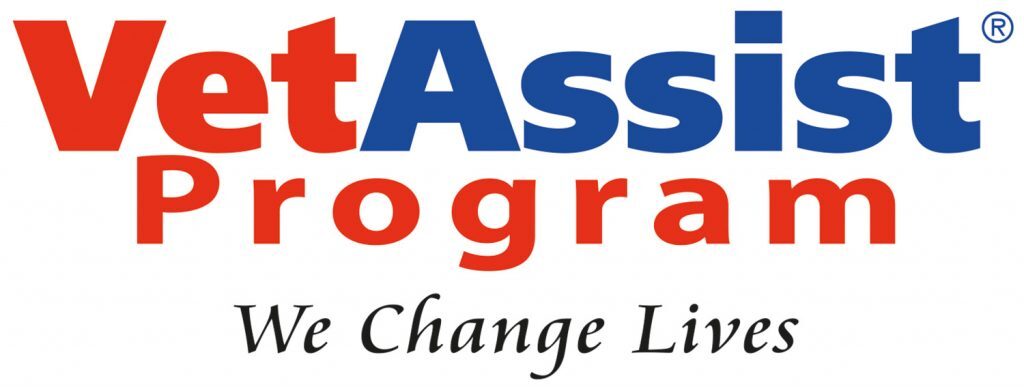ECHO Housing
Elder Cottage Housing Opportunities (ECHO) refers to accessory units and mother-in-law flats that allow a person to share a single-family home with another person or family. These flats are designed using universal design criteria that make them suitable for those with disabilities or age-related challenges. These pre-fabricated units can be added to or removed from an existing structure as needs change.
Active Adult Communities
These are age-restricted housing developments created for seniors who enjoy participating in various physical and social activities. This type of community attracts people who want to own their own homes in an environment that offers many amenities for seniors.
Independent Community Living
These are typically apartments that only accept people over a certain age – usually 55. The apartments are found in many communities. Some are under federal housing guidelines and will only accept low-income seniors, but most are privately owned and operate much like an apartment complex. A growing trend in these apartment complexes is to provide services that typically are not found in apartment buildings – like an on-site activities program, van services, and meals in a communal dining room.
Continuing Care Retirement Communities (CCRC)
These are communities where a continuum of care levels is offered (also known as Lifecare Communities). They are designed to provide active seniors an independent lifestyle while enjoying the privacy of their own home. Coordinated social activities, dining, and healthcare are provided as needed.
Some communities may require the purchase of Long Term Care Insurance as criteria for acceptance. Typically the insurance premiums are built into the purchase price and monthly fees. Additional fees may provide for: meals, scheduled transportation, housekeeping, unit maintenance, linen and personal laundry, health monitoring services, utilities, coordinated social activities, emergency call monitoring, and around-the-clock security.
Many of these types of communities require an entrance fee that may or may not be refundable, and this fee may be substantial in some cases. Therefore, it is imperative that the financial stability of the facility be thoroughly investigated. Although these facilities may help one “age in place,” inquire as to where a resident would be relocated if the nursing center became full or unavailable. Many reputable CCRC’s contracts with rehabilitation centers in the event they cannot keep the resident on site.







